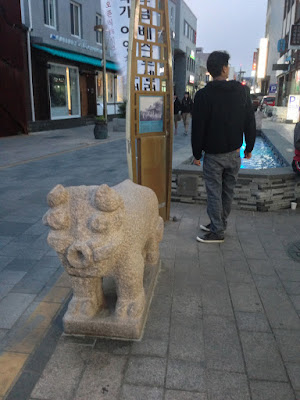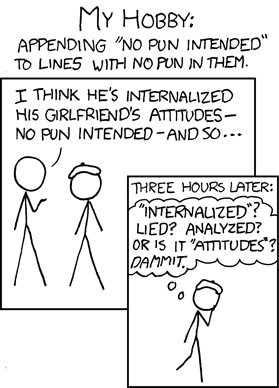So Prem Vadiveloo and I took a little bromantic trip around Korea together last weekend.
Well, not around Korea per se; we only managed Seoul and Gyeongju.
Anyway, these are the highlights of our tour:
- In Seoul: Calling hotel reception to ask for a kettle, only to be told emphatically, “Kettle is NO!”
- In Gyeongju: Asking where to buy shampoo, only to be directed to… a dildo shop. Did they sell shampoo? No.
- In Gyeongju: Walking down the road from the dildo shop, chancing upon a place that potentially offers sex services and popping our heads in to take a look, only to be immediately told, “No!” (complete with Ultraman sign).
- In Gyeongju: Ordering bibimbap and specifically saying “채식주의자 (chaesigjuuija; vegetarian)” and “No 고기 (gogi; meat)”, only to be given bibimbap with surprise beef – raw and grilled – hiding under the egg. Repeating “chaesigjuuija” while pointing at myself and having the server remove the raw beef and dump it in Prem’s bowl. Attempting to also transfer grilled beef to Prem’s bowl, only for server to insist that I eat the grilled beef… ergo, vegetarian is No?
To clarify, the shampoo was for Prem – not me.
But all in all, a good learning experience in terms of imbibing Korean culture, Korean history, Korean beef and Korean rejection.


